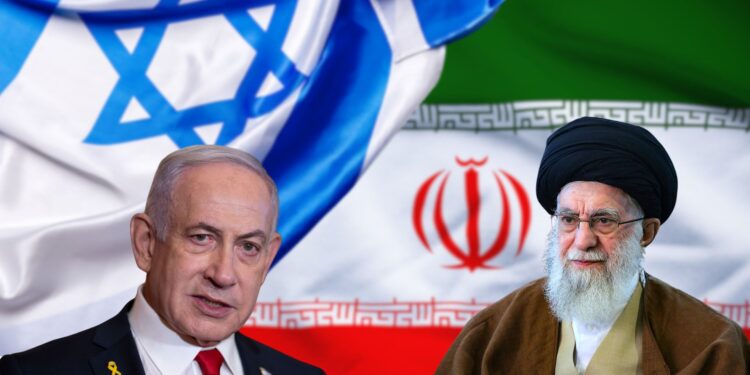- Iran has reportedly accepted a U.S.-backed ceasefire proposal via Qatar’s mediation
- President Trump played a key role by informing Qatar and pushing the process forward
- Conflicting Iranian statements leave the situation murky, with no formal confirmation yet
In a notable development, a senior Iranian official has reportedly confirmed to Reuters that Tehran has accepted a ceasefire proposal with Israel, brokered through Qatar and originally suggested by the United States. According to sources briefed on the matter, Qatar’s Prime Minister, Sheikh Mohammed bin Abdulrahman Al Thani, played a key role in securing Iran’s agreement during a phone call with Iranian leaders.
That call, as described by one official, happened shortly after Iran launched strikes on a U.S. air base in Qatar earlier this week. The timing adds a layer of urgency to the situation, suggesting the ceasefire might’ve been a direct response to rising tensions and the growing potential for escalation.
Trump’s Involvement and Doha’s Influence
Apparently, the conversation between Qatar and Iran came only after U.S. President Donald Trump reached out to Qatar’s emir. Trump reportedly informed the emir that Israel had signed on to the ceasefire deal and asked for Qatar’s assistance in getting Iran to do the same. This bit of diplomatic chess highlights how Doha continues to serve as a crucial backchannel between Washington, Tehran, and Tel Aviv.
Despite Trump’s announcement of the agreement, neither Iran nor Israel has officially confirmed the ceasefire. That hasn’t stopped officials from hinting at it, though—Israel’s Diaspora Minister Amichai Chikli took to X to thank Trump and Netanyahu for a decision he framed as bold and morally significant, suggesting that some sort of deal is indeed in motion.
Conflicting Messages Stir Uncertainty
Adding a layer of confusion, an Iranian official reportedly told CNN just before the ceasefire announcement that Tehran hadn’t received any proposals. This contradiction raises questions about internal coordination—or lack thereof—within the Iranian government, or perhaps just a matter of strategic ambiguity.
All eyes are now on whether an official, public confirmation will come from both parties in the coming hours or days. Until then, the ceasefire hangs in a state of “kind of, but not totally” limbo.
















